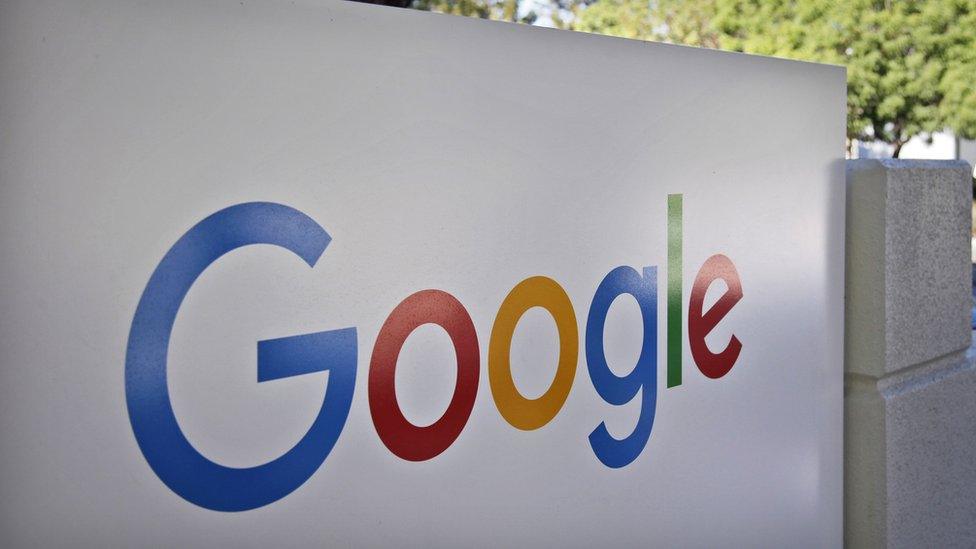Google tax: David Cameron defends £130m UK tax deal
- Published
Labour leader asks question about settlement from 'Geoff'
David Cameron has defended the deal UK authorities have struck with Google over tax, saying the Conservatives have done more than any other government.
The PM told the Commons the tax "should have been collected under [the last] Labour government".
Google agreed to pay £130m of tax dating back to 2005 to HMRC, which said it was the "full tax due in law".
But European MPs have described it as a "very bad deal" and Labour said it amounted to a 3% tax rate.
Mr Cameron was challenged during Prime Minister's Questions about the amount of tax paid by the US tech giant, which has made billions of pounds of sales in Britain.
'Crack down'
He said: "We're talking about tax that should have been collected under a Labour government, raised by a Conservative government."
He said it was "quite right" that the deal was done independently by HM Revenue and Customs (HMRC), but he was "absolutely clear that no government has done more than this one to crack down on tax evasion and aggressive tax avoidance".
But Labour leader Jeremy Corbyn told the Commons the deal equated to a tax rate of 3% and questioned why there was "one rule for big multinational companies, and another for ordinary small businesses and self-employed workers".
Labour has written to the National Audit Office asking it to investigate HMRC's handling of the settlement, while shadow chancellor John McDonnell has written to Mr Osborne demanding details of how it was reached.
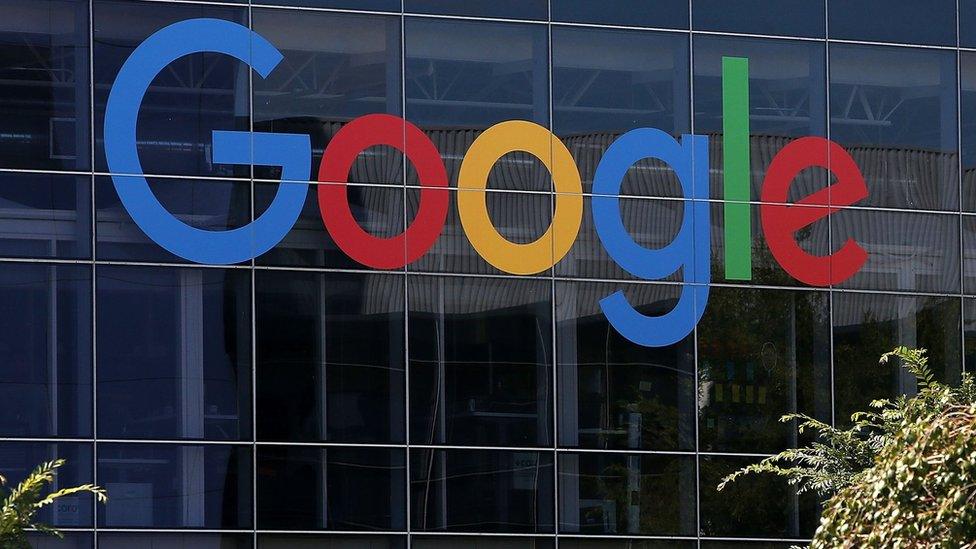
Former Business Secretary Vince Cable said Google had "got off very, very lightly" and the chancellor had "made a fool of himself" by hailing the deal as a victory.
Meanwhile, French MEP Eva Joly, vice-chairwoman of the Special European Parliamentary Committee on Tax Rulings, said the deal showed the UK was preparing "to become a kind of tax haven to attract multinationals".
She said MEPs would call George Osborne to appear before them and criticised the attempt to "make publicity out of it" by talking about large-sounding figures which she said were a fraction of what should be paid.

Why has Google proved so politically taxing?
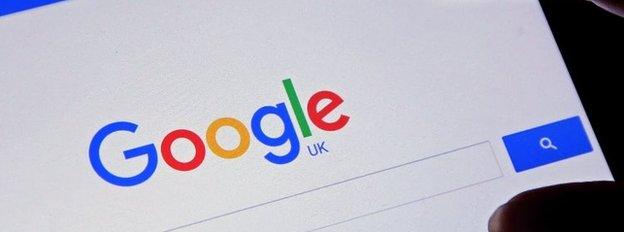
By political correspondent Ross Hawkins
First, George Osborne risked sounding far too content when he hailed the deal as a "victory" and a "major success". Government spokesmen were reluctant to repeat his verdict.
Second, Labour reacted quickly and managed to get a hearing. Their message sounded louder than their internal disputes, for a change.
Third, voters care. The perception that international firms get a better deal than ordinary people is toxic.
It is HMRC that collects tax, not ministers, and the government says it has acted and got results where Labour did not.
But few politicians ever caught the mood of a nation declaring themselves happy with a big business's tax return.

Conservative MP Mark Garnier, a member of the Treasury select committee, said the agreement represented a "relatively small" amount of money compared with Google's UK profits.
News Corporation chairman Rupert Murdoch tweeted, external to say he believed the company was only paying "token amounts for PR [public relations] purposes".
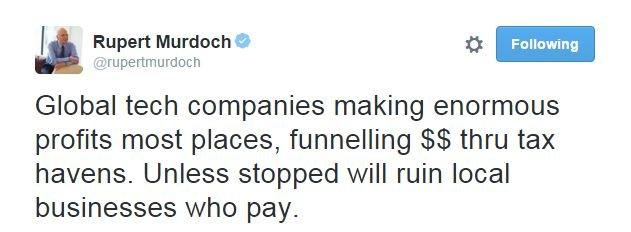
Reports in Wednesday's Times newspaper suggest Italy is poised to strike a deal for Google to pay £113m in back taxes to the Italian government, equating to a 15% tax rate. It is not known how many years such a deal might cover.
'Complex tax structures'
Google agreed to pay the back taxes after an "open audit" of its accounts by the UK tax authorities and a six-year inquiry by HMRC.
Despite the UK being one of Google's biggest markets, it paid £20.4m in taxes in 2013. The value of its sales in Britain that year was £3.8bn. Google makes most of its UK profits through online advertising in the UK.
The company has been criticised for its legal but complex international tax structures. Its European headquarters are in Ireland, which has a lower corporation tax rate than the UK, and it has also used company structures in Bermuda.
The BBC's economics editor Kamal Ahmed said it was now likely that focus would shift to other large multinational companies' tax arrangements - including Facebook, which paid only £4,000 in tax in the UK last year.
A new "diverted profits tax" introduced by the government, which aims to make international firms pay tax for operating in the UK, would see Google and others pay more tax in the future, he added.
Head of Google Europe Matt Brittin said last week: "We were applying the rules as they were and that was then and now we are going to be applying the new rules, which means we will be paying more tax."
- Published26 January 2016
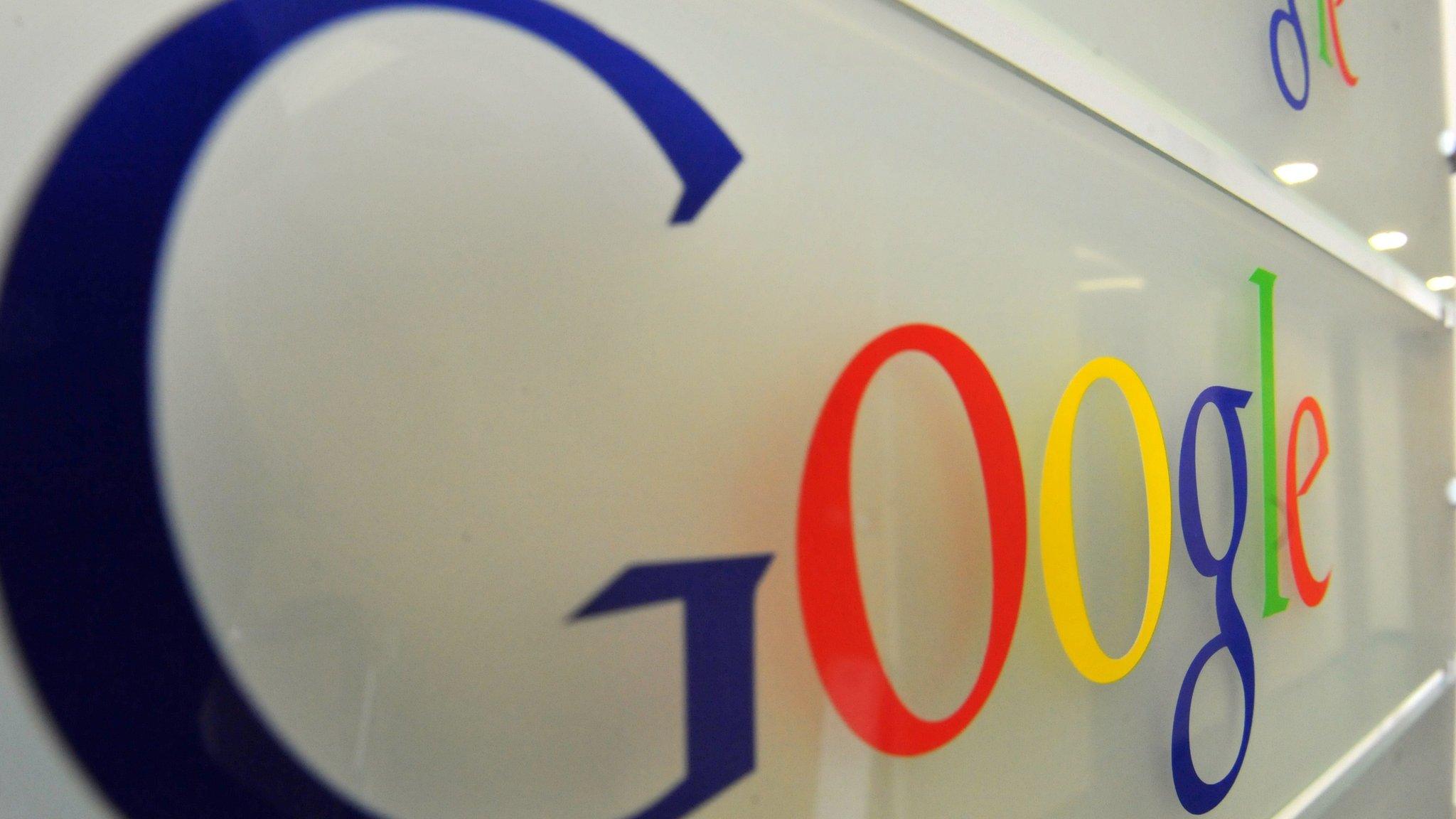
- Published23 January 2016
- Published23 January 2016
